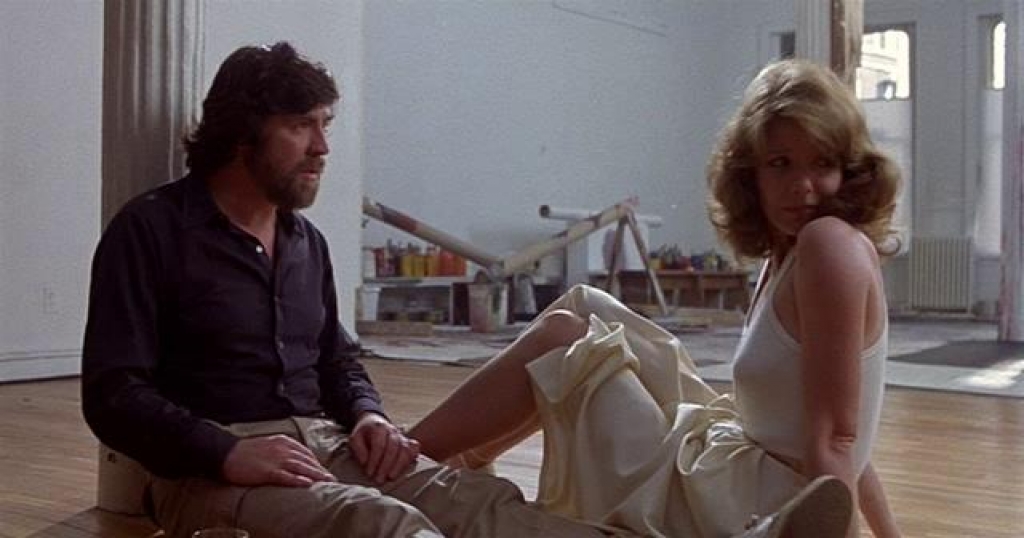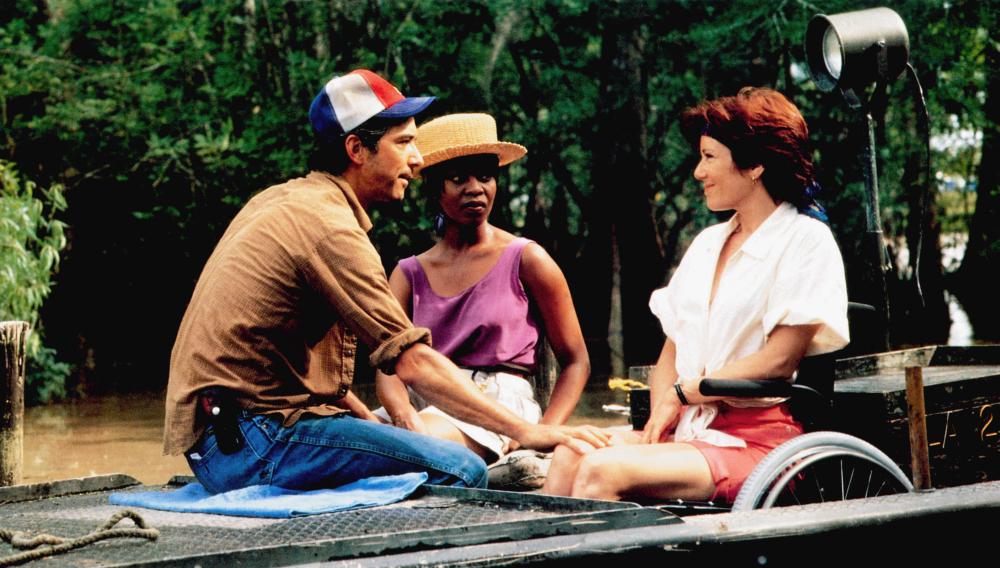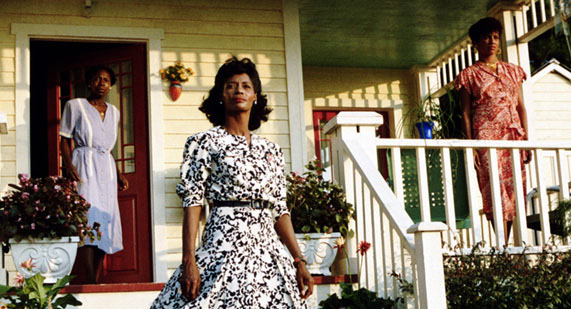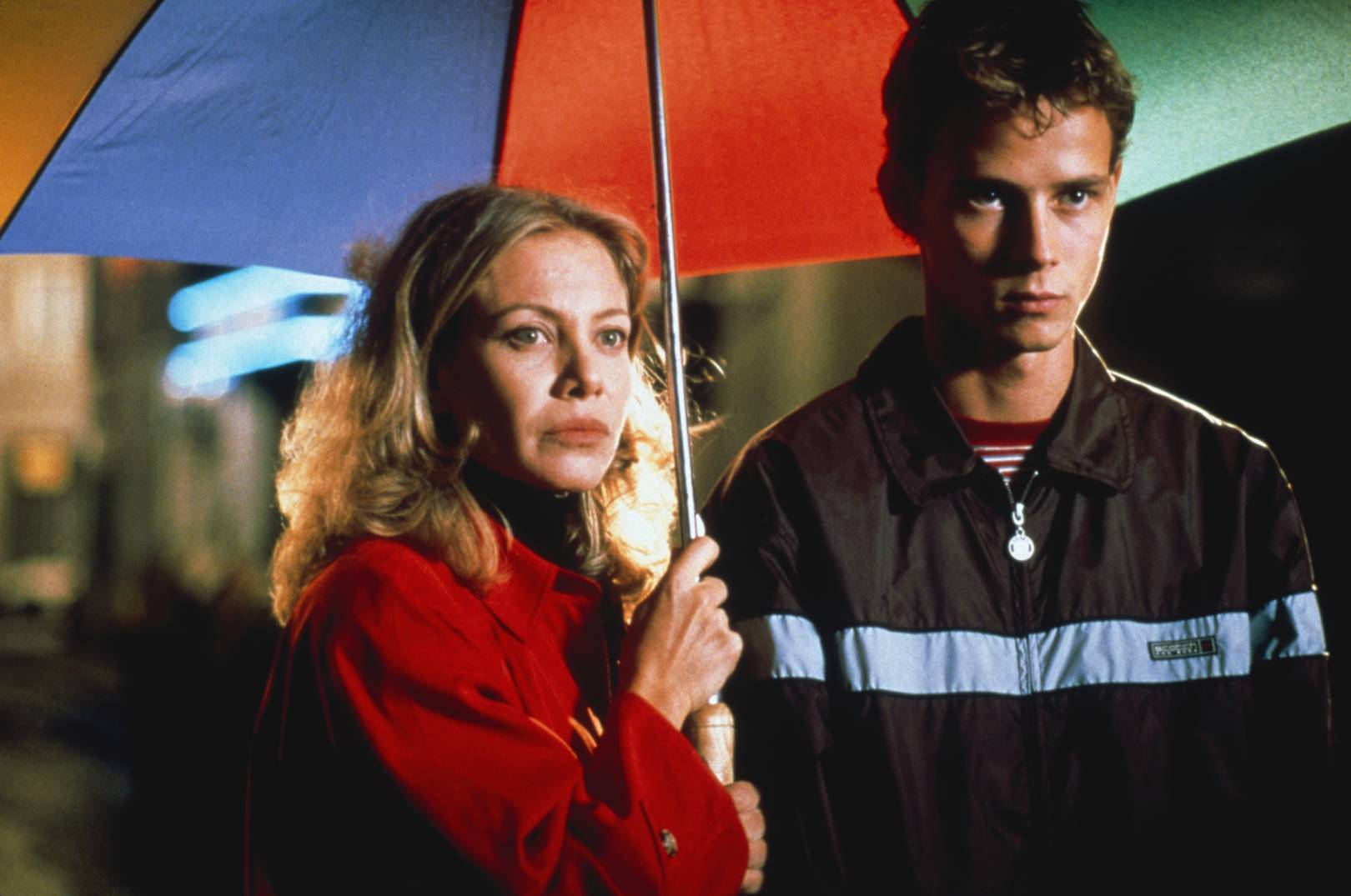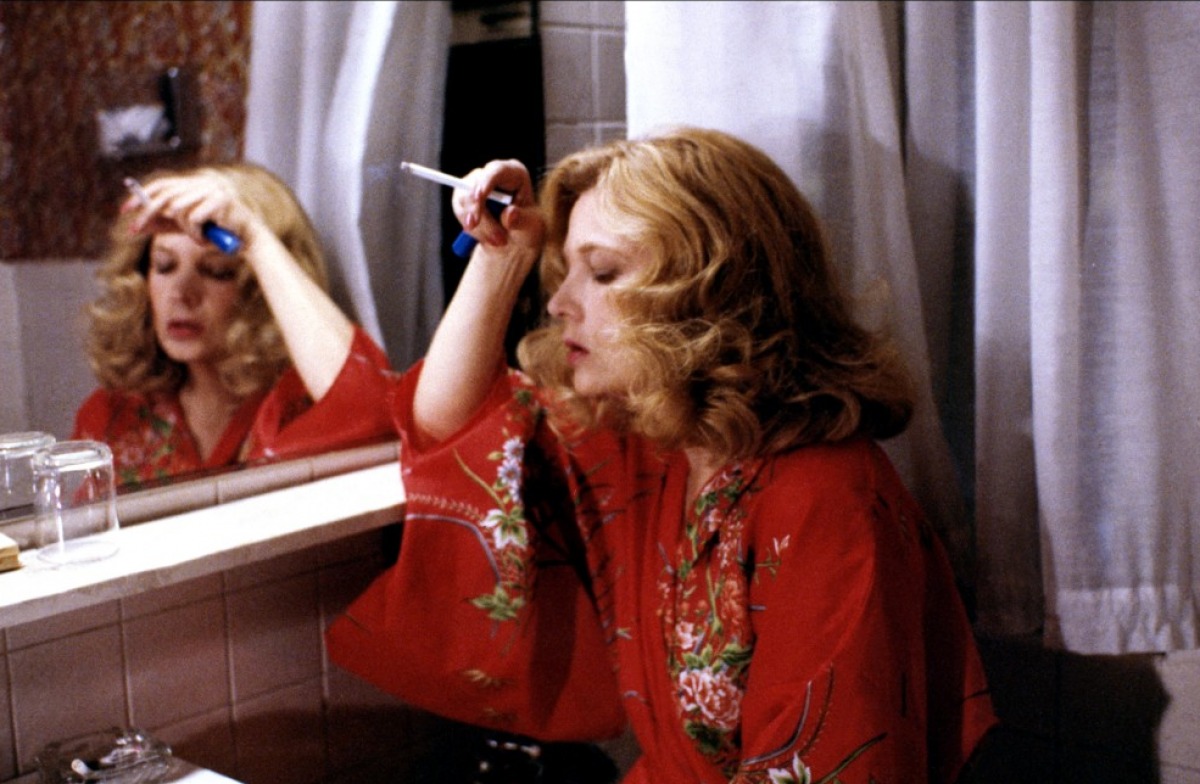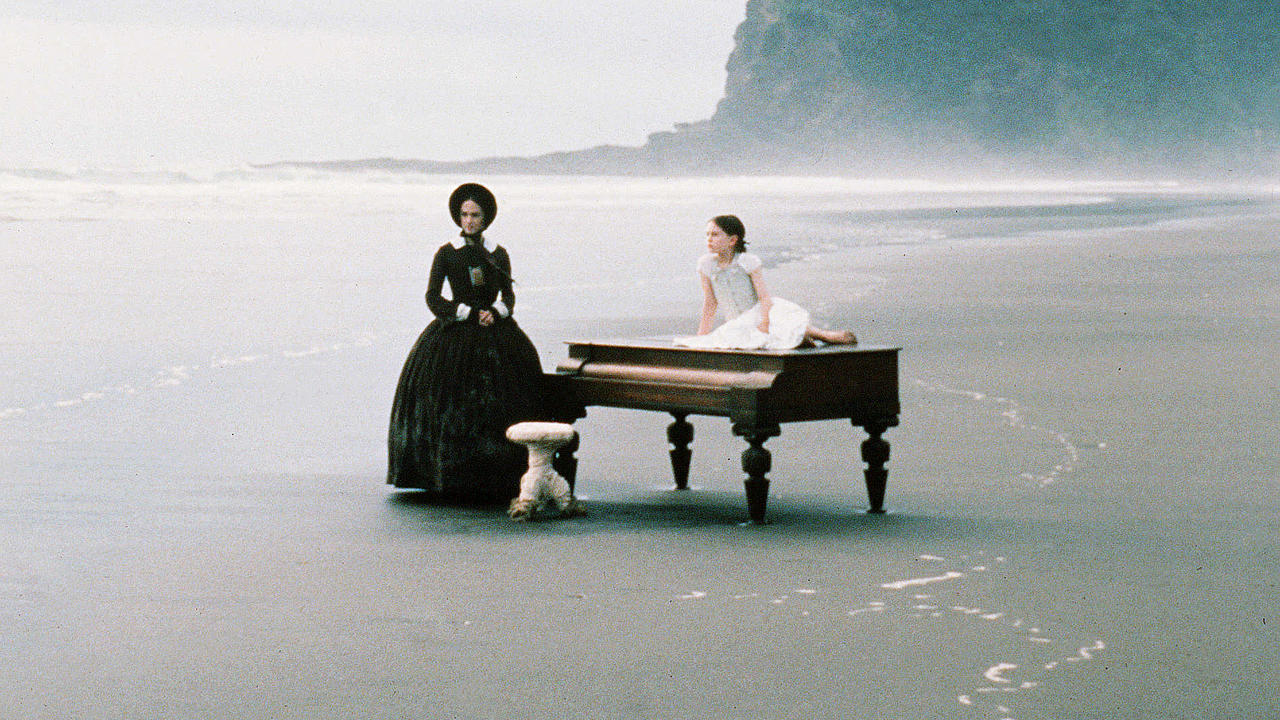
There is a common misconception that all feminist films are about butch women who actively hate men and fight for equal rights/abortion laws/equal pay/etc. This one-dimensional stereotype doesn’t do justice to the complex elements that are at work in feminist films.
For instance, feminist filmmakers are not only concerned with content, but they can also challenge the notions of heteronormative coupling, narrative closure, editing, fetishization, objectification, modes of (dis)pleasure, temporality, and spatiality.
In experimenting with the form and content of a film, feminist filmmakers are incorporating feminine perspectives into the diegetic film world while also challenging patriarchal film grammar. It is not solely about creating gendered difference, but it is about building a cinematic language that can give pleasure (and displeasure) to a variety of spectators.
This article is not meant to create a definitive list of films you need to see in order to call yourself a feminist. It is an attempt to create a discussion about the films that have been praised for creating new perspectives and new representations of women in film. It is a launching point from which one can explore new female voices.
20. An Unmarried Woman (Dir. Paul Mazursky, 1978)
Jill Clayburgh is exceptional in her Oscar-nominated role as Erica, a complacent wife and mother who discovers that Martin (Michael Murphy), her husband of 17 years, wants a divorce. The dissolution of Erica’s marriage leads to her newfound independence and an exploration of her untapped sexuality.
Mazursky’s careful direction and nuanced writing explore how far a woman will go to evaluate who she was, who she is, and who she wants to be. Erica evolves from repression to liberation, aided in large part by her group of female friends, her therapist, and her teenage daughter.
The film challenges the notion of narrative closure and “happily ever after” by showing Erica rejecting an invitation to live with her artist boyfriend, Saul (Alan Bates). As the two depart and Saul gives Erica a present (an enormous painting), Erica roams the busy streets of New York, facing an unknown future while carrying her enormous present.
19. Passion Fish (Dir. John Sayles, 1992)
Daytime soap actress, May-Alice Culhane (Mary McDonnell), is paralyzed by a freak car accident. Unable to come to terms with her condition and unwilling to change her stubborn ways, May-Alice endures a series of nurses and caregivers who all quit, save for the final caregiver, Chantelle (Alfre Woodard).
Though May-Alice and Chantelle deal with their own personal demons, the two aid each other in finding inner strength and overcoming physical limitations.
Anchored by the performances of its two lead actresses, Sayles’ Passion Fish is an examination of the dynamic relationship between two women who rely on one another in order to endure physical and emotional hardships.
The film also features a fantastic scene in which a group of daytime actresses discuss their careers, including Nancy Mette’s great monologue on her first film line, “I didn’t ask for the anal probe.”
18. The Color Purple (Dir. Steven Spielberg, 1985)
A survivor of sexual and physical abuse, Celie (Whoopi Goldberg, in her film debut) writes letters to God and to her sister Nettie (Akosua Busia), chronicling everything that she has to endure. Through all of her hardships and demons, Celie finds her voice and finds the strength to stand up to her oppressive husband.
Based on Alice Walker’s Pulitzer Prize-winning novel, Steven Spielberg’s adaptation (a watered down version of the original, primarily in its handling of the lesbian elements) maintains an important aspect of the novel: strong women.
Each actress tackles her role with a great ferocity, especially Whoopi Goldberg whose performance as Celie is the emotional anchor of the film.
Each female character transgresses her allotment in life, especially during a time when both women and people of color were considered second-class citizens. Through it all, you identify with these women, relish in their pleasure, and tear up when Celie is finally reunited with her sister, Nettie.
17. Todo sobre mi madre (Dir. Pedro Almodóvar, 1999)
Manuela (Cecilia Roth) lives in Madrid where she dedicates her life and career to providing for her son, Esteban (Eloy Azorín). When he is pronounced brain dead after a car accident, Manuela makes the difficult decision to donate his organs to patients in need of transplants. Realizing there is nothing left for her in Madrid, she returns to Barcelona in order to find her estranged husband and tell him about the son he never knew.
The second entry of Almodóvar’s unofficial “Brain Dead Trilogy,” Todo sobre mi madre (All About My Mother) ends with a fitting dedication that succinctly describes its purpose: “To all actresses who have played actresses, to all women who act, to men who act and become women, to all the people who want to be mothers… to my mother.”
The film is about the roles women are given in life and the roles that they craft for themselves. It is about a variety of women, from lesbian actresses and pregnant nuns to grieving mothers and transgender prostitutes, who rely on one another for guidance and direction.
16. Alice Doesn’t Live Here Anymore (Dir. Martin Scorsese, 1974)
Alice Hyatt (Ellen Burstyn, in her Oscar-winning role) leaves her New Mexican town after her husband is killed in a car accident (I’m starting to notice the role car accidents play in particular feminist films). Pursuing a childhood dream of becoming a singer, Alice and her son, Tommy (Alfred Lutter), head toward California, only to find a surprising detour at Mel’s Diner in Tucson, Arizona.
It is surprising that Scorsese, who established a career built on ultra violence and machismo, was able to craft such a wonderful film about a central female character. Alice meets a variety of women, including the fiercely independent Flo (Diane Ladd) whose “Kiss my grits” has become a part of pop culture.
Through it all, Alice never gives up on her dreams, even when her current situation proves too hectic. She still finds something to keep her going, and knows that she has more opportunities than she had in New Mexico.
15. Gloria (Dir. John Cassavetes, 1980)
Cassavetes had a knack for creating powerful representations of women, but none were as staunchly independent as Gloria. Rowlands’ performance as the titular Gloria challenges the conventions of the gangster genre, creating a former mob mistress who is neither passive nor objectified.
Gloria is willing to do whatever it takes to protect Phil (John Adames), the mouthy Puerto Rican boy who is concealing incriminating accounts books that belong to the mob. Along the way, Gloria even manages to tap into her suppressed maternal instincts.
